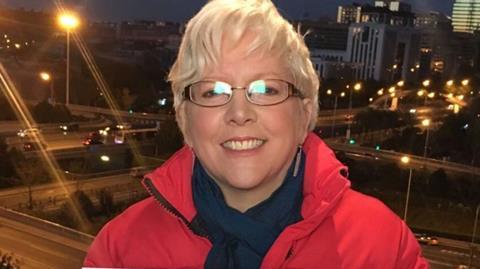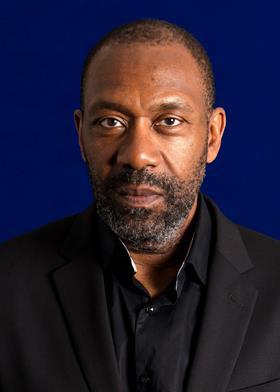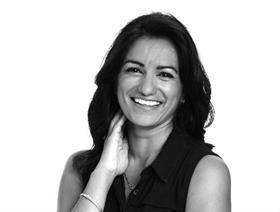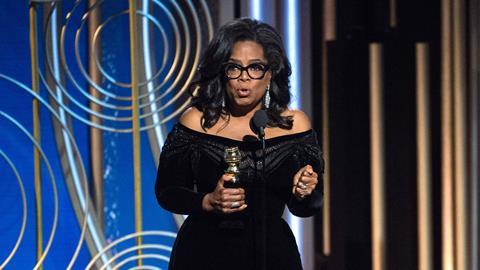Talking about diversity feels very 2017 – this should be the year of doing it, says Ninder Billing
Sometimes working in television is like being on a rollercoaster. Oprah Winfrey makes an amazing, rousing, presidential-style speech at the Golden Globes – yay! Oh, but the BBC’s brilliant Carrie Gracie resigns for being paid less than her male peers – that brought us back down.

The television industry wants to address the lack of diversity at all levels – another yay! Oh, but if you’re from a diverse background, and talk about the need for diversity, your peers might hold it against you.
This last statement might need to be read again. It’s astonishing but true.
A recent study in the Academy of Management Journal (AMJ) showed that if you’re a woman or non-white and you openly back diversity, you’ll be marked down by your peers and managers in performance and competence.
But – and here’s the kicker while you’re down – if you’re a white man and you promote diversity, you’ll be rewarded for it and your peers will judge you more highly in both performance and competence. Now that’s a rollercoaster.
The study points to a danger that is, in some quarters, becoming a truth: diversity, inclusion, call it what you will, is at risk of being seen as an arena in which only some people are the trusted change-makers.
The AMJ team found another uncomfortable truth that underlines this. When non-white people and women speak up, their motives are going to be taken as suspect, and it creates a fear that they’ll undermine the majority status quo.
”Long-lasting change demands that all, not some, of us ask and answer hard questions about how we’re acting in our daily working lives”
So what’s going on, when the people most qualified to talk about diversity receive a backlash when they speak up, but their non-diverse peers might win accolades for exactly the same action?
Long-lasting change demands that all of us, not some, ask and answer hard questions about how we’re acting in our daily working lives. We need to be heard equally.
It’s hard to see how to achieve that in the face of this kind of research and it can make your head spin – and that’s before you’ve looked at the overnights or read your first email of the day.
Honestly, though, talking about doing something about diversity feels a bit, well, 2017. Surely 2018 has got to be the year of doing it.

Of course, there are many people already creating and enacting true change, against any odds. Endemol Shine chief executive Sophie Turner Laing has been determinedly instigating change for years. Channel 4 head of news and current affairs Dorothy Byrne has consistently stood firm in her convictions, and her words are always backed by action.
BAME voices are demanding to be heard, from high-profile celebrities like Lenny Henry and Idris Elba to my peers behind the camera. But the research raises the question of what people are thinking when they hear us talk, and that’s not an easy read.
Gracie is a standout journalist, but she had to resign from her role before she could speak out. Even Theresa May tried to make her cabinet more diverse, and ended up mainly promoting more of the same.
The challenge is to hold firm to the passion that got you into television in the first place, and know that although you’ll always be the ‘other’ voice in the room, you have to believe that the need for a range of reflective, influential voices, equally heard, is now not just desirable, but crucial.
Change is coming. The Garden, where I currently work, actively and constantly questions how well it’s doing on diversity in its workforce and its output and then acts on it. The approach feels structural rather than bolted on.
Last week, I heard, along with a global audience of tens of millions, that “a new day is on the horizon”. It’s a good mantra for 2018 – and let’s face it, we could do much worse than follow a clarion cry from Oprah.

Ninder Billing is an executive producer at The Garden





No comments yet